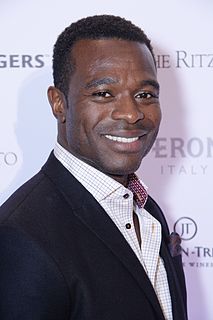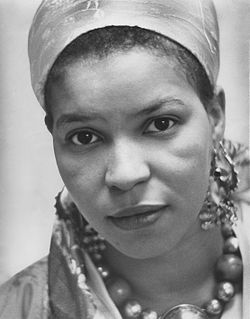A Quote by Ruth Ozeki
The wondrous thing about nature, her gift to us, is her wanton promiscuity. She reproduces herself with abandon, with teeming infinite generosity.
Related Quotes
The universal nature has no external space; but the wondrous part of her art is that though she has circumscribed herself, everything which is within her which appears to decay and to grow old and to be useless she changes into herself, and again makes other new things from these very same, so that she requires neither substance from without nor wants a place into which she may cast that which decays. She is content then with her own space, and her own matter, and her own art.
The most adorable thing about Toronto is that she remains fiercely aloof and indifferent to the fads and entrepreneurial fevers of her lovers. She is intractably herself, admissive to the most vagrant, sober in a way that gets misinterpreted as stodginess. Her generosity extends to the meek as well as the gold diggers. Mercifully, she doesn't give a hoot about our portraits of her, but just waits, patiently, for our affection and citizenship.
She realized how many of her beliefs were either unrealistic or belonged to her deceased parents and her ex-husband. She also realized that her expectations for herself and others were sometimes too rigid. She was trying to live up to what everyone else said was best for her, which made her depressed and hard to be around at times. Once she changed her beliefs about herself and others, she began to smile more and enjoy life.
I found her lying on her stomach, her hind legs stretched out straight, and her front feet folded back under her chest. She had laid her head on his grave. I saw the trail where she had dragged herself through the leaves. The way she lay there, I thought she was alive. I called her name. She made no movement. With the last ounce of strength in her body, she had dragged herself to the grave of Old Dan.
Nature! We live in her midst and know her not. She is incessantly speaking to us, but betrays not her secret. We constantly act upon her, and yet have no power over her. Variant: NATURE! We are surrounded and embraced by her: powerless to separate ourselves from her, and powerless to penetrate beyond her.
When she liked anyone it was quite natural for her to go to bed with him. She never thought twice about it. It was not vice; it wasn't lasciviousness; it was her nature. She gave herself as naturally as the sun gives heat or the flowers their perfume. It was a pleasure to her and she liked to give pleasure to others.
It was so important that women were involved in 'She's Gotta Have It' because it's about a woman's opinion. It's about her views of herself, and the world around her, and how the world perceives her, and finding that ground for herself - not even a common ground, but that ground for herself in which she can walk on firmly with confidence.
somebody/ anybody sing a black girl's song bring her out to know herself to know you but sing her rhythms carin/ struggle/ hard times sing her song of life she's been dead so long closed in silence so long she doesn't know the sound of her own voice her infinite beauty she's half-notes scattered without rhythm/ no tune sing her sighs sing the song of her possibilities sing a righteous gospel let her be born let her be born & handled warmly.
Perhaps I will die too, she told herself, and the thought did not seem so terrible to her. If she flung herself from the window, she could put an end to her suffering, and in the years to come the singers would write songs of her grief. Her body would lie on the stones below, broken and innocent, shaming all those who had betrayed her. Sansa went so far as to cross the bedchamber and throw open the shutters ... but then her courage left her, and she ran back to her bed, sobbing.
Yet there were times when he did love her with all the kindness she demanded, and how was she to know what were those times? Alone she raged against his cheerfulness and put herself at the mercy of her own love and longed to be free of it because it made her less than he and dependent on him. But how could she be free of chains she had put upon herself? Her soul was all tempest. The dreams she had once had of her life were dead. She was in prison in the house. And yet who was her jailer except herself?





































